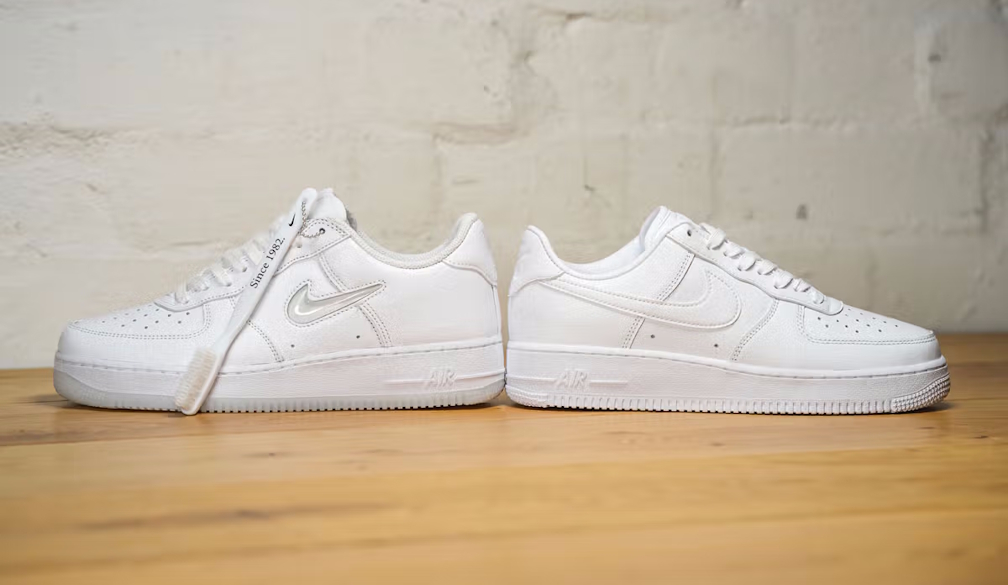Running for fitness
- Written by Men's Weekly

Running, in its purest form, is a simple act: placing one foot in front of the other. Yet, this seemingly basic activity has captured the hearts and soles of millions worldwide, evolving into a global phenomenon. From casual joggers to seasoned marathoners, people from all walks of life are lacing up their shoes and hitting the pavement, track, or trails. What is it about running that makes it so perennially popular? Let’s dive into the reasons behind its widespread appeal.
One of the primary drivers of running's popularity is its accessibility. Unlike many other sports, running requires minimal equipment – just a good pair of shoes. This low barrier to entry makes it an attractive option for people looking to get active without a significant financial investment. Whether in a bustling city or a quiet countryside, the world becomes a runner's playground. The freedom to simply step out the door and run is liberating, allowing individuals to integrate exercise seamlessly into their daily lives.
Furthermore, the health benefits of running are undeniable and widely recognized. It's a fantastic way to improve cardiovascular health, burn calories, and strengthen muscles. Running is also a mental health booster. The release of endorphins during a run can lead to a “runner’s high,” reducing stress and improving mood. In a fast-paced, often stressful world, running offers a valuable escape and a chance to clear the mind. This dual benefit of physical and mental well-being has made running a go-to activity for many seeking a holistic approach to health.
The social aspect of running also plays a significant role in its popularity. Run clubs have sprung up in communities around the globe, creating a sense of camaraderie and shared purpose. Running with others provides motivation, accountability, and a social outlet. It's not uncommon for deep friendships to form on group runs, as shared miles often lead to meaningful conversations and mutual support. These clubs cater to all levels, making running accessible and enjoyable for beginners and experienced runners alike. This sense of community transforms running from a solo activity into a shared experience, adding a layer of enjoyment and motivation.
Another factor contributing to running's appeal is the personal challenge it presents. Whether it's completing a first 5K, finishing a marathon, or simply aiming to beat a personal best time, running provides tangible goals and a sense of accomplishment. Runners are constantly pushing their boundaries, setting new targets, and celebrating milestones. This sense of achievement and personal growth keeps people coming back for more, as they strive to surpass their own expectations and redefine what they believe they are capable of.
The rise of technology has also fueled the popularity of running. Fitness trackers, GPS watches, and running apps make it easier than ever to monitor progress, track routes, and share achievements. Data-driven insights into pace, distance, and heart rate provide runners with valuable feedback, helping them improve their performance and stay motivated. Additionally, social media platforms have become spaces for runners to connect, share their experiences, and inspire others. The digital world enhances the running experience, making it more engaging and trackable.
Finally, running events like marathons and half-marathons continue to draw massive crowds. These events transform cities into vibrant celebrations of athleticism and community. The energy of thousands of runners and cheering spectators creates an unforgettable atmosphere. Participating in such events provides a sense of purpose and a monumental goal to strive towards. The accomplishment of crossing that finish line is a unique experience that fuels many to keep running.
In conclusion, the popularity of running is rooted in its accessibility, health benefits, social opportunities, personal challenges, technological integration, and engaging events. It's an activity that can be tailored to individual goals and fitness levels, making it appealing to a wide range of people. Whether it's for fitness, mental health, community, or the sheer joy of movement, running remains a beloved pastime and a global phenomenon that continues to gather momentum with each passing year.
Here are some of the key health benefits of running:
Improved Heart Health:
Running is an excellent form of cardio, strengthening your cardiac muscles and increasing lung capacity. This leads to a lower resting heart rate and reduced blood pressure, significantly lowering your risk of cardiovascular disease.
Better Sleep:
Regular running can improve the quality and duration of your sleep by helping to regulate your body's internal clock.
Stronger Bones and Joints:
Running is a weight-bearing exercise that puts stress on your bones, making them stronger and denser. It also increases muscle strength in your lower body, enhancing overall physical stability.
Burns Calories and Boosts Weight Loss:
Running is a highly efficient way to burn calories and maintain a healthy weight. It can help reduce stomach fat and regulate hunger.
Strengthens the Immune System:
Moderate, regular running can bolster your immune system, making your body more efficient at fighting off infections.
Stress Management and Boosts Mood:
Running stimulates the production of endorphins, which are neurotransmitters that promote feelings of happiness and can help control stress and boost your ability to deal with mental tension.
Increases Energy:
Running stimulates endorphins and increases circulation, both of which contribute to higher energy levels.
Boosts Learning and Memory:
Running can help improve memory, focus, and concentration.
Running offers a wide range of physical and mental health benefits, contributing to overall well-being and potentially increasing lifespan.









